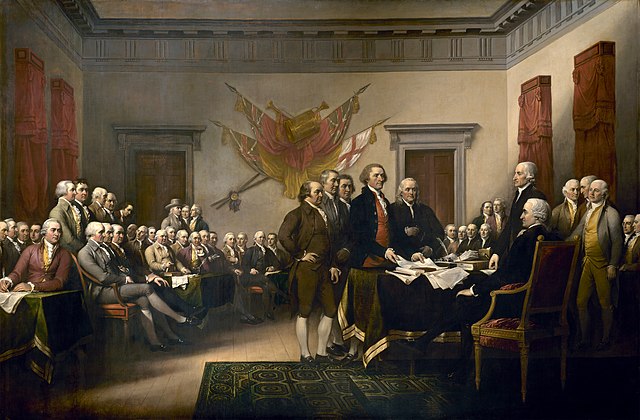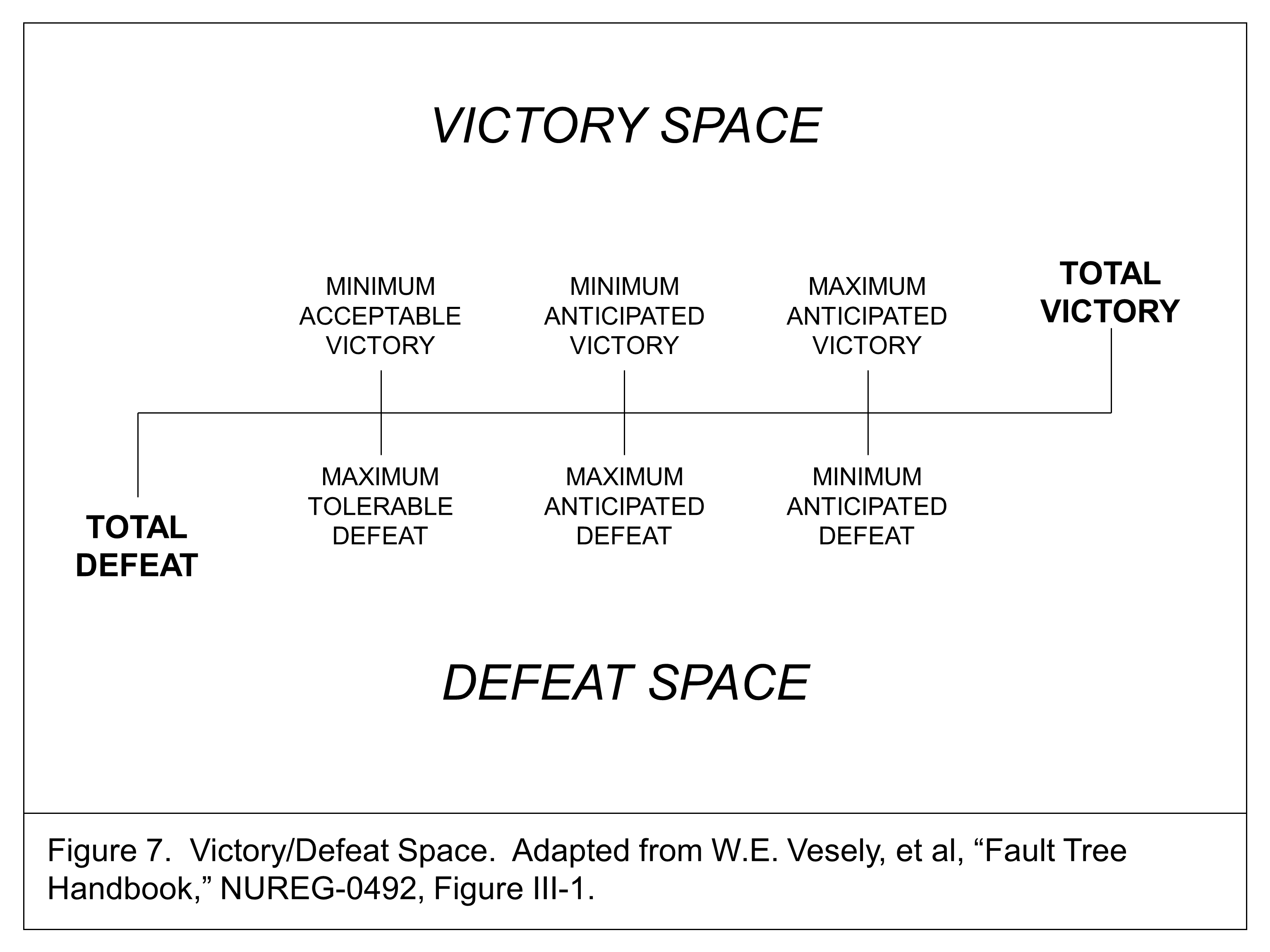My latest nonfiction book, A Church More Like Christ, is now available for pre-order!
Specifically, the Kindle e-book can be pre-ordered, and will be delivered on 3 September. It costs $1.99, which I hope folks will find reasonable.
If you’re wondering whether the book is right for you, the back-cover copy may give you an idea:
A church like Christ would
• Teach like Jesus
• Worship like Jesus
• Pray and live and love like JesusIs your church a force for good, a light in the darkness, an outpost of God’s kingdom in the world? Do the wounded find comfort and healing in your church? Do the broken find repair and restoration? Do the vulnerable find help and hope? Does your church offer refuge for the oppressed, a hand up to the beaten-down, and recognition to the unseen? If so, this book may not be for you.
If not—if your church is divided against itself, or focused only on itself, or more judgmental than caring—it may be that the church is not as much like Christ as it could be. A Church More Like Christ can help you examine how Christlike your church is, and give you new ways to think about what it means for a church to live out the faith it practices.
If the church were quicker to comfort than to condemn, quicker to heal rather than harm, quicker to love than to hate, disparage, or ignore, perhaps it would be a greater source of inspiration, strength, and change in people’s lives—and in the world. If so, it would be, in effect, more like Christ.

(A Church More Like Christ graphic courtesy of Stephen Minervino.)
If you decide the book might interest you, by all means pre-order the e-book at this link; or, wait for the paperback to be released on 3 September and order that instead! (It’ll be $7.99, which again I hope folks will find reasonable.)
And if you know anyone else who might be interested, please let them know!
___
For other musings and oddball ideas, see
– My other recent release! Elements of War (paperback)
– My Amazon Page or Bandcamp Page, or subscribe to my newsletter
















